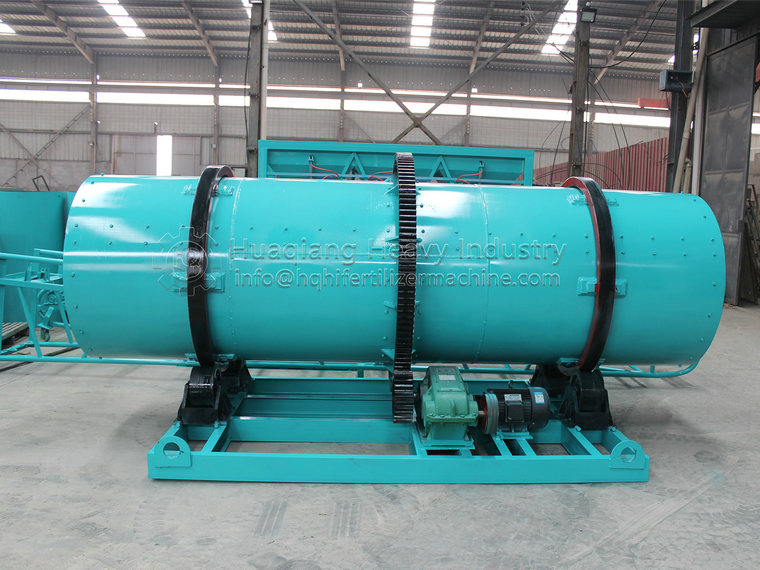Advantages of double roller granulator:
1. Low energy consumption and energy saving road roller extrusion granulation is a kind of material granulation at room temperature. Compared with other methods, it does not require drying measures such as fuel and gas.
2. The low investment is due to the saving of the drying process, the low rate of return (about 15% of the total feed of the extruder), the simple process flow and the low investment.
3. The consumption capacity of extrusion granulation is only electricity, and there is no three waste discharge for environmental protection.
The double roller granulator has the characteristics of low energy consumption, high energy saving, low investment, simple operation, and no pollution of equipment emissions. Before the production of the npk fertilizer production line, the installation of the roller extrusion granulator needs to be debugged. Take the right approach:
1. Adjustment of the roller gap: In the npk manufacturing process, sometimes it is necessary to increase the output or bite angle, at this time, the distance between the two compression shafts can be increased, and the distance between the active shaft and the passive shaft can be increased. The steps are as follows: stop the machine, remove the upper rack of the two bearing seats, adjust the adjustment plate between the two bearing seats to the required thickness, the rollers cannot collide between the two rollers, and the minimum should be kept between 0.3-1mm.
2. The alignment adjustment of the ball socket. The ball socket is formed by the dimples on the main roller surface, so there are problems of axial alignment and circumferential alignment:
1) The axial alignment has been adjusted during installation. Generally speaking, it is not possible to adjust. When adjustment is required, tighten or loosen the glands on both sides of the passive bearing seat, thereby pushing the displacement of the eccentric sleeve to be in line with the drive shaft roller. correspond.
2) Align the ring direction, loosen the six connecting bolts between the driven gear and the adjusting sleeve, so that the adjusting device and the driven gear are slightly separated. Since the ball seat adjustment is considered in the design and two adjustment bolts are installed, the dislocation can be adjusted regardless of the dislocation.





.jpg)


.jpg)